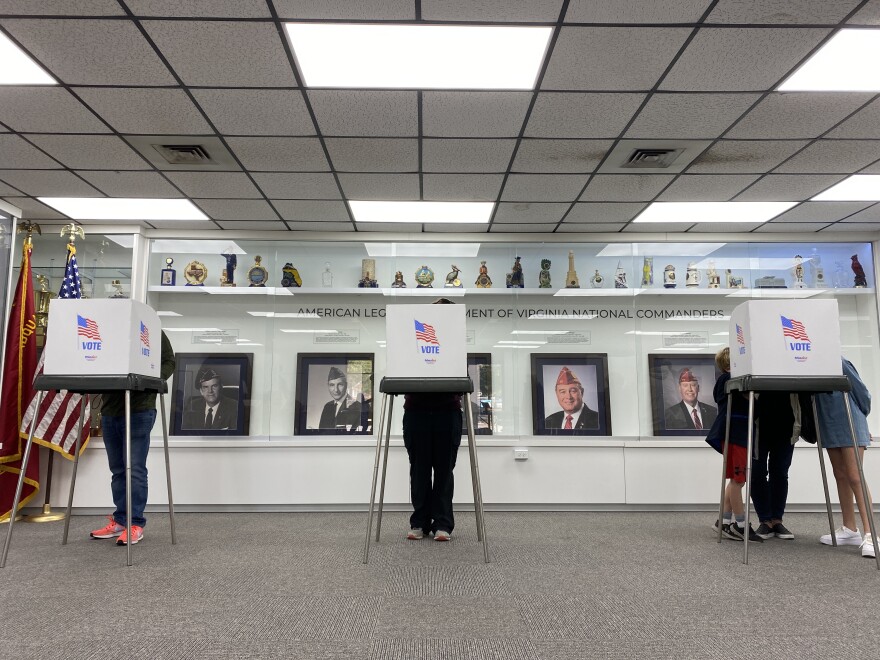When voters head to the polls in June for the statewide Democratic primary, will the order of the candidates have any influence?
Who's on first? In many cases, it's the winner of an election. That's because academic research consistently shows that the first candidate on a ballot or an early candidate have an edge.
Darren Grant at Sam Houston University in Texas has researched ballot order, and he says the reason for this remains a mystery. "One theory is that people work through the ballot, and they have kind of a good-enough standard. And so they're going down a list of options and as soon as they find a candidate that they think is good enough, then they vote for that person and then just move on to the next race on the ballot."
Marc Meredith is a political science professor at the University of Pennsylvania who has researched the importance of ballot order, and he says it'll actually be less important in the race for governor than it'll be in the primaries for lieutenant governor or attorney general. "The Virginia governor election will be the top-tier election on the ticket this cycle, and so lots of people are showing up purposefully to vote on that specific race," Meredith notes. "And so the more people are showing up to vote on a specific race, the less likely ballot order is to matter."
Virginia currently allows for candidates who file at the earliest possible opportunity to be part of a random drawing for a shot at first place. But confusion over when and how to submit petitions has prompted some candidates to call for all the candidates to appear in random order regardless of when they filed for office.
This report, provided by Virginia Public Radio, was made possible with support from the Virginia Education Association.


